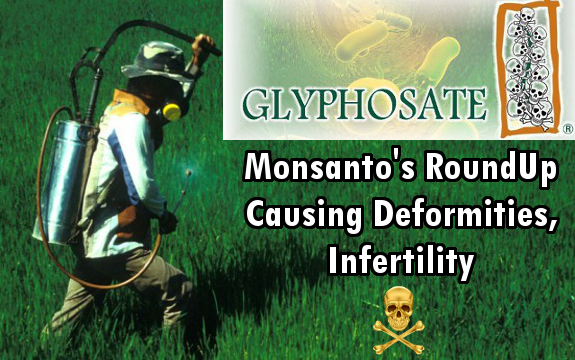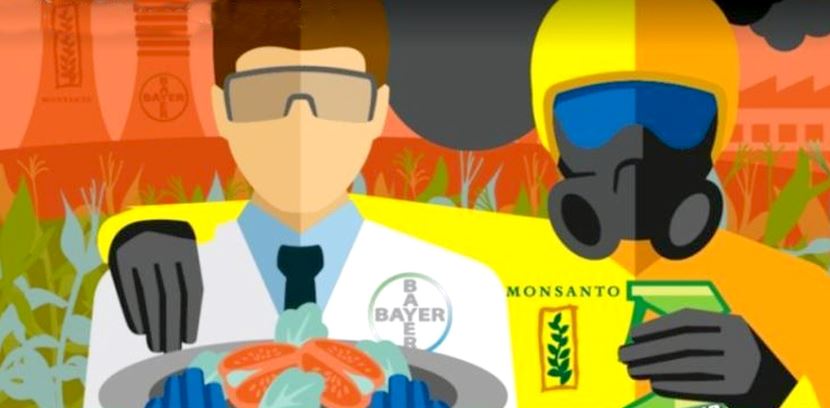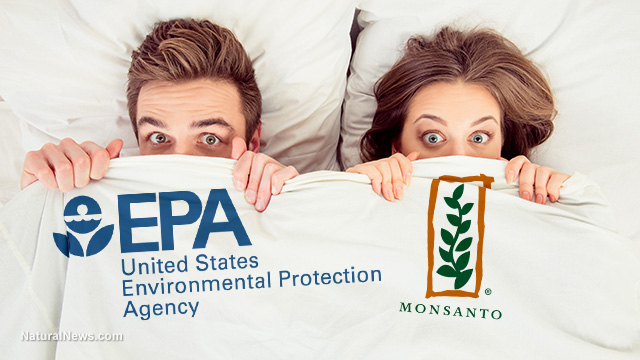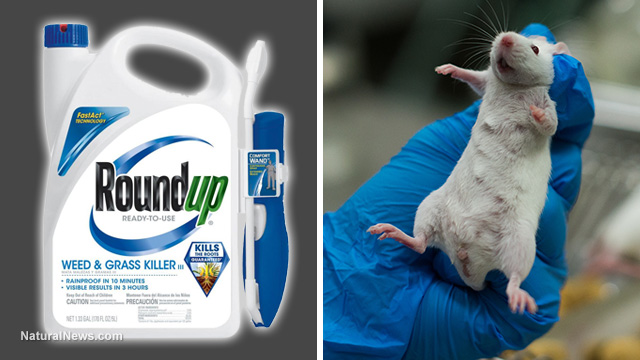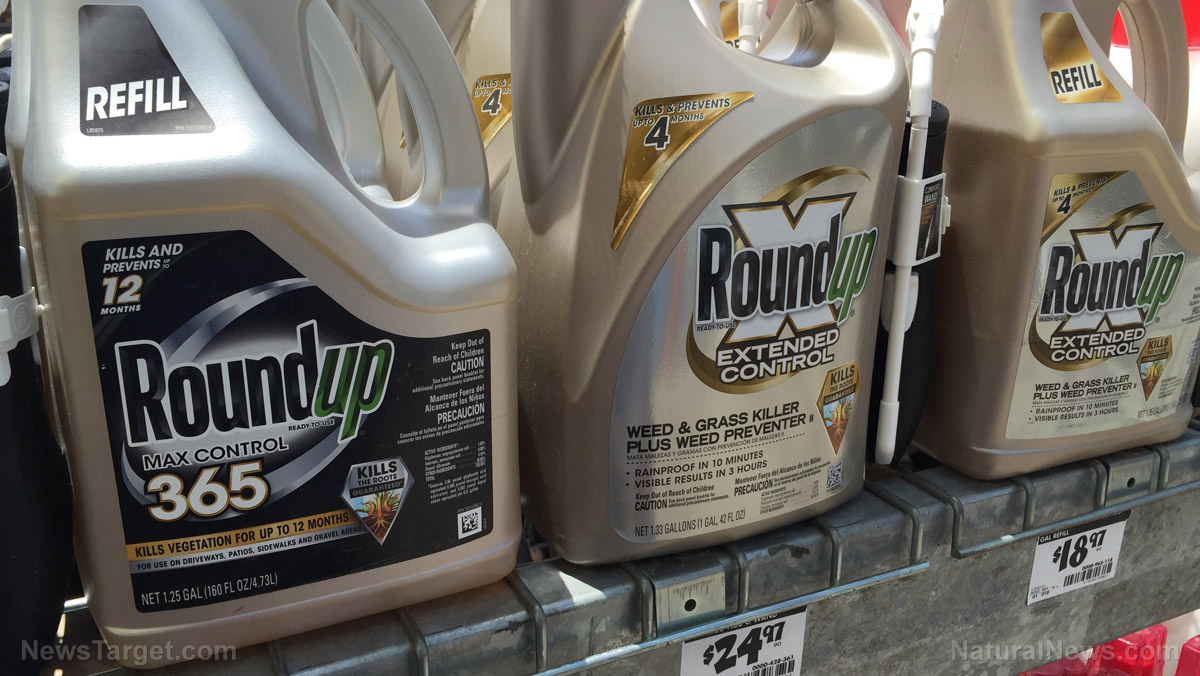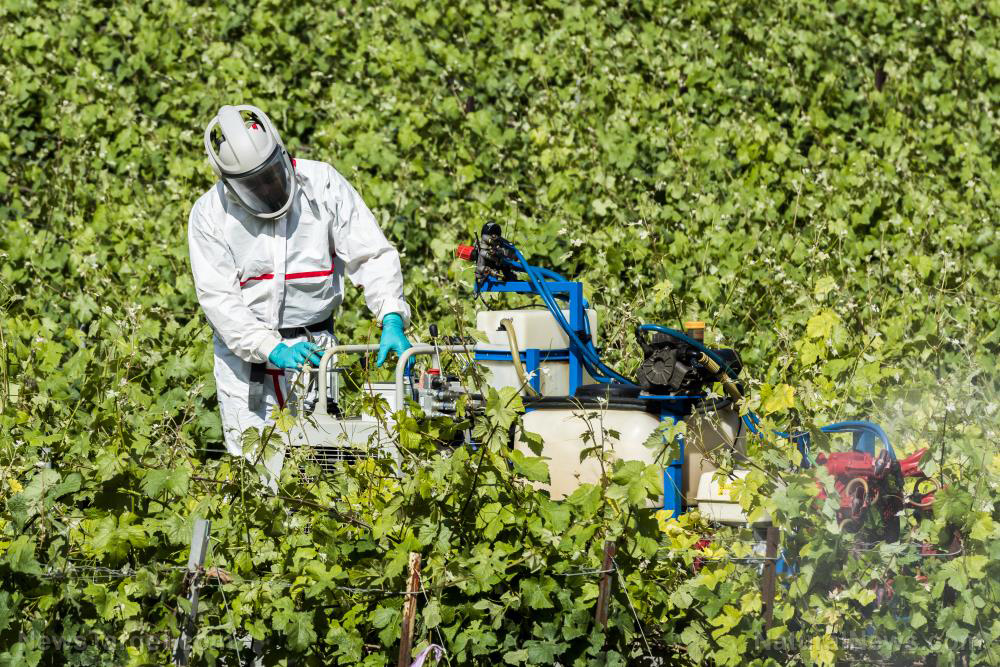Follow the money: Monsanto-influenced lawmakers side with chemical industry, question IARCs findings on glyphosate, threaten to cut funding to the WHO
02/27/2018 / By Isabelle Z.

The strong political influence of the chemical industry was illustrated perfectly in a recent House Science Committee hearing in which Republican lawmakers questioned the International Agency for Research on Cancer (IARC)’s classification of glyphosate as a probable carcinogen. Taking it one step further, they even threatened to cut off funding for the IARC, which is part of the World Health Organization.
When the IARC gave glyphosate this classification in 2015, they immediately found themselves in the crosshairs of industry groups and the lawmakers whose pockets are padded by them. Glyphosate is the key ingredient in the most widely used weed killer on the planet, Monsanto’s Roundup, which has been regularly sprayed on crops like corn, cotton, and soybeans since the 1970s as well as golf courses and lawns. Monsanto also sells seeds that have been genetically modified to withstand glyphosate spraying as the weeds around them die.
Monsanto reported net sales amounting to $2.7 billion in the fourth quarter of the 2017 fiscal year alone, so coming up with the funds to convince those in power to favor their stance has never been a problem. According to records from the Center for Responsive Politics, Monsanto’s federal lobbying spending exceeded $4.3 million last year. In the 2016 election cycle, Monsanto’s political action committee and executives made federal political donations to the tune of $600,000, most of which went to Republicans in farm states.
In the hearing, Representative Lamar Smith (R-Texas) said the IARC’s classification was “not backed by reliable data” and was “unsubstantiated,” apparently disregarding the countless studies that led the respected agency to reach its conclusion in the first place. Then came the threat: “The selective use of data and the lack of public disclosure raise questions about why IARC should receive any government funding in the future.”
National Resources Defense Council scientists Jennifer Sass said during her testimony: “Fundamentally, this hearing is about the ability of a public health agency to call a carcinogen a carcinogen, even if it makes a huge amount of money for a powerful corporation. Are we willing to sell out the public’s right to know about harmful chemicals in the places we work, live and play, just so that Monsanto can sell more glyphosate?”
A report was released prior to the hearing in which House Science Committee Democrats sided with Sass, outlining the attempts made by the industry to control public discourse about glyphosate and silence the studies describing its harm.
Monsanto’s long history of deception
This is far from a conspiracy theory; Monsanto’s deceitful behavior has been exposed in internal documents obtained via court-ordered discovery as part of class action lawsuits on behalf of people who developed a type of blood cancer known as non-Hodgkin lymphoma after being exposed to Roundup. In the more than 700 pages of internal memos, emails, and other documents that were posted, it is clear that Monsanto has been colluding with U.S. regulators and misleading regulators in Europe.
Discovery documents unsealed by the judge also showed Monsanto’s questionable research practices, very friendly ties with top EPA officials, and evidence that they paid scientists to sign their names on studies ghostwritten by Monsanto to paint its products in a positive light.
Monsanto has long known that glyphosate can cause cancer, and it is well-documented that glyphosate exposure is also linked to liver cancer, thyroid cancer, pancreatic cancer, kidney cancer, and colon cancer. The company is now facing a string of class action lawsuits from plaintiffs including farmers, agricultural workers, and those who live near farms. Despite all this, they still expect us to swallow the narrative that the science is wrong and it’s just a big coincidence that all these people are dying from exposure to their products.
Follow more news on glyphosate at Glyphosate.news.
Sources for this article include:
Tagged Under:





